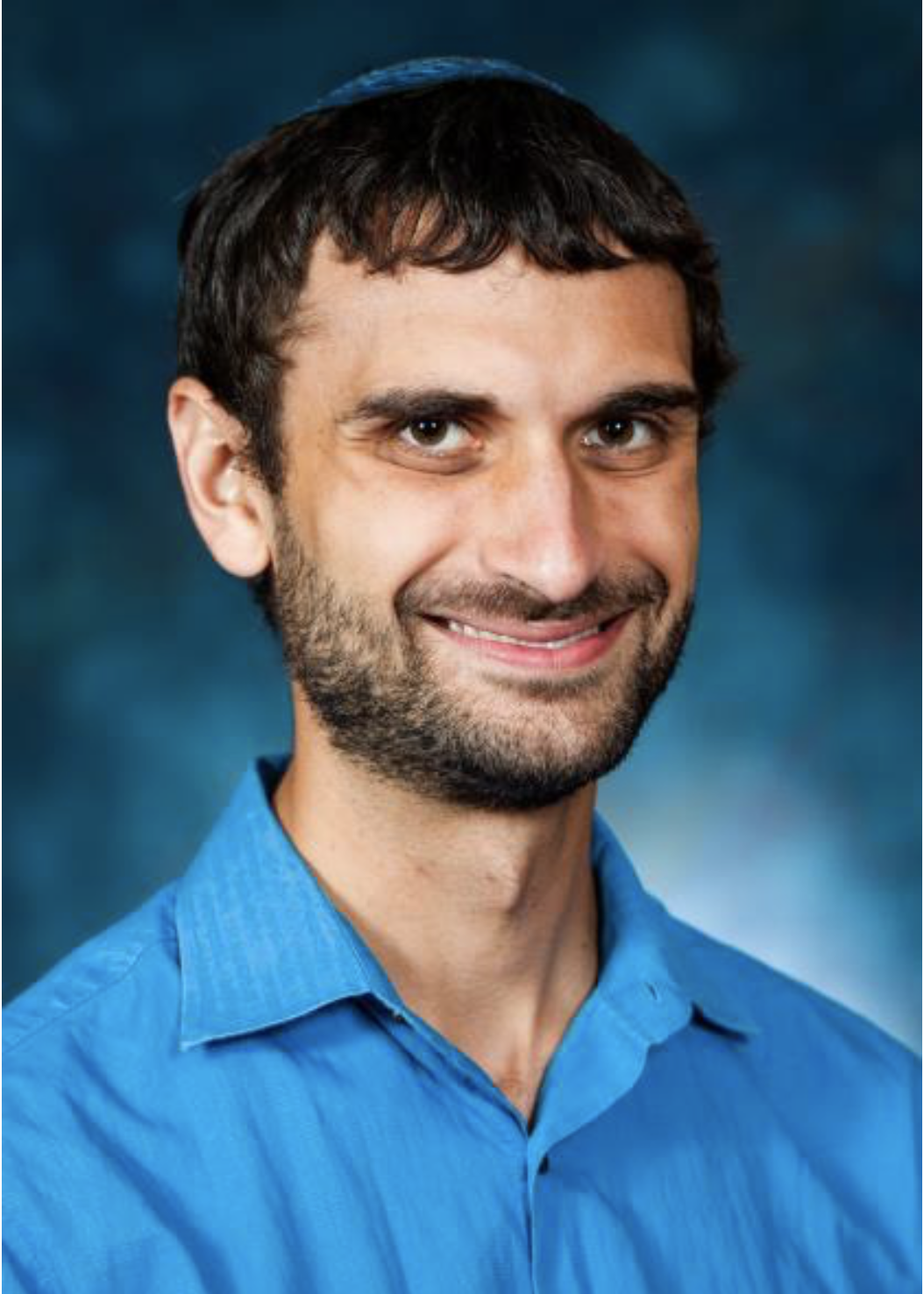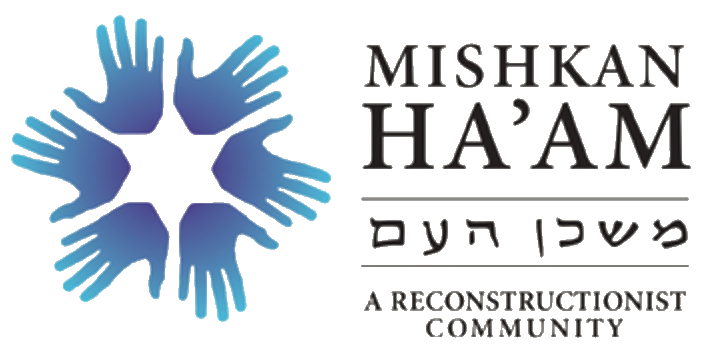 Our Rabbinic Leader Solomon Hoffman says he didn’t choose Reconstructionist Judaism — Reconstructionist Judaism chose him! “I grew up at the Reconstructionist Synagogue of the North Shore and my parents enrolled me in the Nursery School there from age 2,” Student Rabbi Hoffman says. “From a young age, I valued Reconstructionism’s emphasis on social action as a core value of being Jewish. I always felt that there was room for my questions and interpretations. As I studied Reconstructionist philosophy more, I grew to love the concept of ‘the past has a vote, but not a veto.’ This framework encourages us to study and probe Jewish tradition, and come up with a way to have a practice that is informed by Jewish tradition, but ultimately shaped by our contemporary values and needs. The ‘evolving’ nature of Judaism that Reconstructionism recognizes and embraces allows us all to be partners in creating a meaningful Judaism together.”
Our Rabbinic Leader Solomon Hoffman says he didn’t choose Reconstructionist Judaism — Reconstructionist Judaism chose him! “I grew up at the Reconstructionist Synagogue of the North Shore and my parents enrolled me in the Nursery School there from age 2,” Student Rabbi Hoffman says. “From a young age, I valued Reconstructionism’s emphasis on social action as a core value of being Jewish. I always felt that there was room for my questions and interpretations. As I studied Reconstructionist philosophy more, I grew to love the concept of ‘the past has a vote, but not a veto.’ This framework encourages us to study and probe Jewish tradition, and come up with a way to have a practice that is informed by Jewish tradition, but ultimately shaped by our contemporary values and needs. The ‘evolving’ nature of Judaism that Reconstructionism recognizes and embraces allows us all to be partners in creating a meaningful Judaism together.”
How is reconstructionism different from other Jewish denominations?
“Reconstructionism seeks to maintain elements of Jewish tradition, while breathing life into them to create new meaning. For example, we follow the traditional structure of the prayer service, but we revise pieces of liturgy so they speak more to our understandings of God and the world. We include poetry in our services that help us to see the traditional prayers in a new light. We emphasize the ‘belonging’ piece of Judaism, and work to design spaces and rituals that are inclusive and welcoming. We seek to make connections between our ancient texts and current times, and look for how we might be inspired to act in the world. We understand that Judaism has always been an evolving civilization, and that we are part of this continued evolution.”
The student Rabbi says that he has always felt a strong connection with his Jewish identity, which is what eventually led him to Rabbinical school. “I am thankful to have grown up in a vibrant Jewish community,” Hoffman says. “For a while though, I planned to have a career primarily in music. After graduating from college, I started working in the synagogue I grew up in as an educator and musician, and I fell in love with the work. I got involved with activism through a Jewish lens as well. I began to see that the rabbinate could bring together several areas I am passionate about: creating community, cultivating practices that help us to cope with hard times and celebrate good times, learning about our ancestral tradition and finding contemporary meaning in it, singing and playing music together, seeking justice in our world, and using the wisdom of our tradition to be our best selves. I enjoy doing this work with people of all generations, and am particularly excited to be engaged in this work as the Rabbinic Leader of Mishkan Ha’am this year.”
What kind of people do you think should consider joining the high holiday services with Mishkan Ha’am?
“All are welcome at our services! We try to strike a balance between traditional and innovative elements. We will sing and pray in Hebrew, and we will also read in English. We invite all to come before the Torah for an Aliyah, should they want to. Rather than sermons, we have communal discussions as part of our services that welcome participation from all ages and backgrounds. Even if you are joining us for the first time, we strive to make you feel part of our community so we can all experience the High Holidays together!”
What is your most favorite Rosh Hashanah ritual?
“I would have to say the sounding of the Shofar! (Partly because this is something that I have had the blessing of doing for many years). Hearing the Shofar on Rosh Hashana can serve many functions. It can be a wake up call that helps us to set intentions for the year to come, the brokenness of the She’varim call encourages us to reflect on the repair that we need in ourselves and in the world, and it is a sound that transcends language to connect with each member of the community.”

